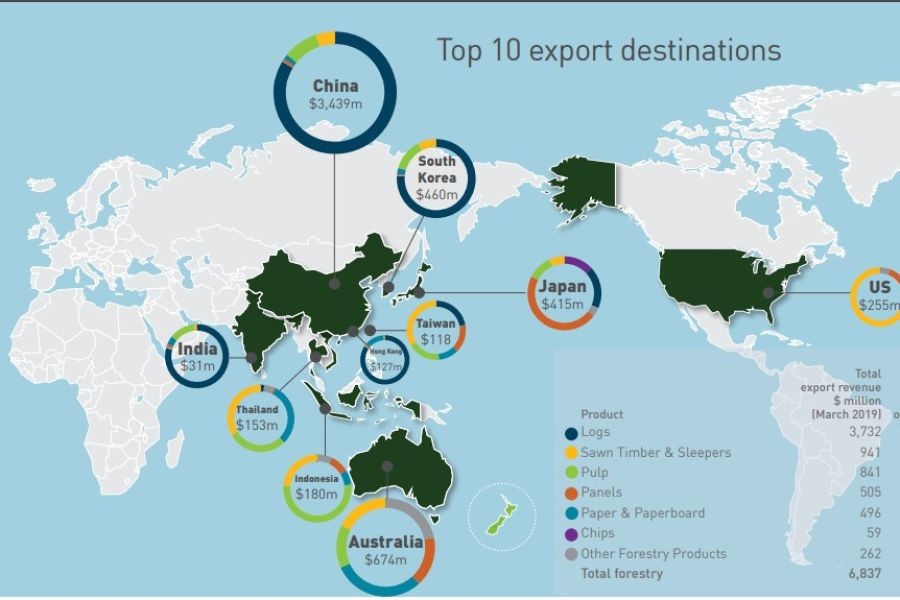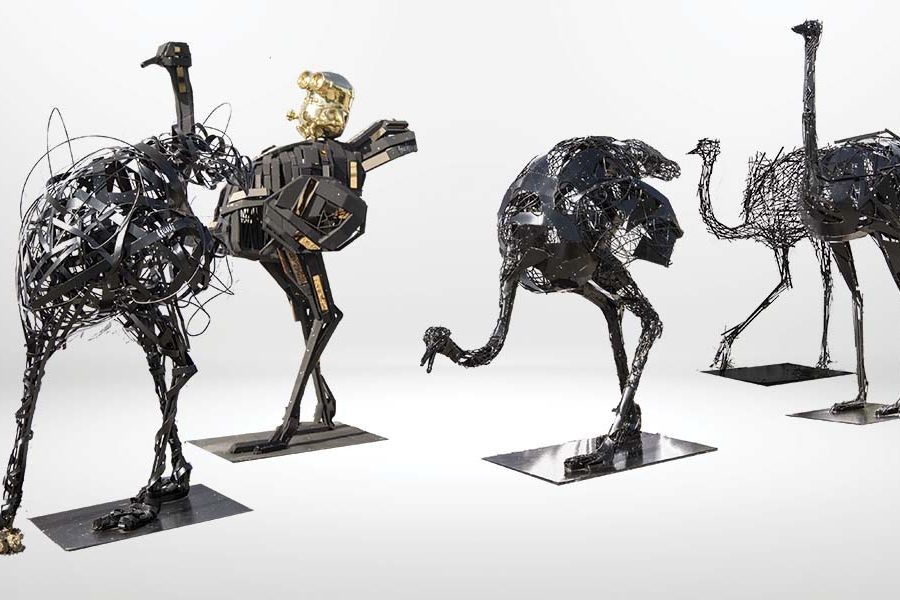In Aotearoa, the conversation around Māori governance has evolved from tokenistic gestures to a profound exploration of tino rangatiratanga, or self-determination. As New Zealand grapples with its colonial past and envisions a future that genuinely integrates Māori governance, we must assess whether the nation is ready for such transformative change. This exploration is not just a cultural or political issue but an economic imperative that could redefine New Zealand’s industries and policies.
Understanding Tino Rangatiratanga: A Pathway to Self-Determination
Tino rangatiratanga represents the concept of Māori sovereignty and self-determination, as outlined in the Treaty of Waitangi. While the Treaty promised Māori rangatiratanga over their lands and resources, the reality has often been a struggle for meaningful recognition and autonomy. The resurgence of interest in tino rangatiratanga is driven by the need to address historical injustices and to empower Māori communities economically, socially, and politically.
The Economic Implications of Māori Governance
Transitioning to true Māori governance involves significant economic considerations. According to the Reserve Bank of New Zealand, Māori own a substantial portion of New Zealand’s land and forests, underpinning industries such as agriculture and forestry. Embracing tino rangatiratanga could lead to more sustainable and culturally attuned management of these resources, potentially boosting productivity and innovation.
Furthermore, Māori enterprises are becoming increasingly significant in the national economy. A report by MBIE highlights that the Māori economy was valued at $68.7 billion in 2022, with projections indicating continued growth. By enabling Māori governance, New Zealand could harness this economic potential more effectively, driving prosperity across sectors.
Case Study: Ngāi Tahu’s Economic Success
Problem: Ngāi Tahu, one of the largest iwi in New Zealand, faced challenges in managing their assets post-settlement, risking financial instability.
Action: To address this, Ngāi Tahu developed a sophisticated investment strategy focusing on diversification across industries such as tourism, agriculture, and property.
Result: Ngāi Tahu’s strategic investments have led to impressive economic growth. Their asset base has expanded from $170 million in 1998 to over $1.5 billion today.
Takeaway: The success of Ngāi Tahu illustrates the potential of Māori governance models. By prioritizing long-term sustainability and cultural values, Māori enterprises can thrive, offering a blueprint for other iwi and hapū.
Debunking Myths About Māori Governance
There are several misconceptions about Māori governance that need addressing to pave the way for informed discussions:
- Myth: Māori governance threatens national unity. Reality: In reality, inclusive governance models can strengthen national identity by respecting diverse cultural landscapes.
- Myth: Māori governance is economically unviable. Reality: Evidence shows that Māori-led initiatives often lead to sustainable economic growth, as seen with Ngāi Tahu.
- Myth: Māori governance is solely about cultural preservation. Reality: While cultural preservation is vital, Māori governance also focuses on economic empowerment and resource management.
Pros and Cons of Embracing Māori Governance
Pros:
- Increased Economic Participation: Empowering Māori governance can lead to greater economic involvement, fostering growth across sectors.
- Sustainable Resource Management: Māori-led initiatives prioritize environmental sustainability, aligning with global trends.
- Cultural Revitalization: Strengthening Māori governance helps preserve and promote cultural heritage.
Cons:
- Regulatory Challenges: Implementing new governance structures may require navigating complex legal frameworks.
- Potential for Conflict: Shifts in governance could lead to disputes over resource allocation and management.
- Initial Implementation Costs: Transitioning to new governance models might incur significant upfront expenses.
Expert Insights: Navigating the Transition
According to Dr. Eruera Tarena, a Māori governance expert, “The transition to tino rangatiratanga requires careful planning and collaboration between Māori and the Crown. It’s not just about transferring power but creating structures that reflect Māori aspirations and values.”
Future Trends and Predictions
Looking ahead, the integration of Māori governance is likely to influence New Zealand’s policy landscape significantly. By 2030, it is anticipated that more iwi will establish robust economic frameworks, leading to increased independence and prosperity. This shift could see Māori enterprises becoming major players in sectors such as renewable energy and technology, aligning with global sustainability goals.
Conclusion: The Path Forward
As New Zealand explores the transition from tokenism to genuine Māori governance, the potential benefits are vast—ranging from economic empowerment to cultural revitalization. However, this journey requires a commitment to collaboration, understanding, and respect for Māori aspirations. By embracing tino rangatiratanga, New Zealand can pave the way for a more inclusive and prosperous future.
What’s your perspective on this transformative journey? Share your thoughts and join the conversation below!
People Also Ask
- How does Māori governance impact New Zealand's economy? Māori governance can enhance resource management and economic participation, boosting sectors like agriculture and tourism.
- What are the common misconceptions about Māori governance? Many believe it is economically unviable, yet evidence shows Māori-led initiatives drive sustainable growth.
- Why is tino rangatiratanga important? Tino rangatiratanga empowers Māori communities, promoting self-determination and cultural preservation.
- What challenges does Māori governance face? Regulatory complexities and potential resource allocation disputes are significant challenges.
Related Search Queries
- Tino Rangatiratanga meaning
- Māori governance models
- Economic impact of Māori enterprises
- Ngāi Tahu economic success
- Māori land ownership in New Zealand
- Future of Māori governance
- New Zealand Treaty of Waitangi implications
- Māori cultural revitalization
- Challenges in implementing Māori governance
- Pros and cons of Māori governance
































obedemar
14 days ago